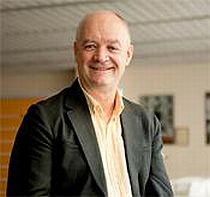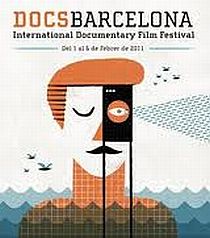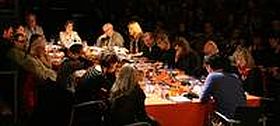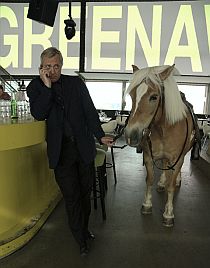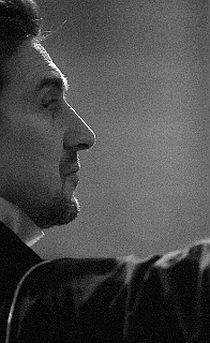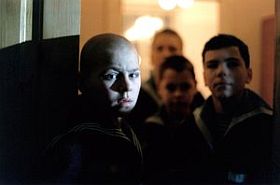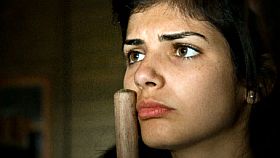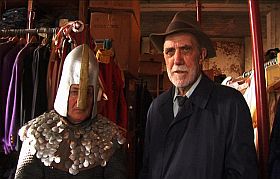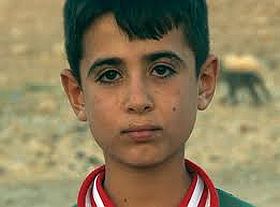Filmen skal handle om lovens bud du må ikke vidne falsk mod din næste, sagde Iikka Vehkalahti, da han bad Honkasalo lave den, og hun brugte i sin synopsis den endnu tydeligere engelske formulering Thou shalt not bear false witness against thy neighbour, det er den konkrete nabo, det handler om, der i ørkenen, der i bjergene, og hun kom med sit vældige filmværk til at fundere over fjendebilledets opståen. ”Det er en skønhedsmættet meditation over mennesket fanget i voldelig konflikt uden ende og uden nåde. Et rekviem over de levende og de døde” skrev Stephen Holden i New York Times efter premieren i Film Forum i South Village.
Rekviets tre satser skildrer som tre led, Longing, Breathing og Remembering i denne dødsmesse først livet blandt 9 til 14 årige drenge på det russiske militærakademi på Kronstadt, dernæst i illegale optagelser fra det sønderskudte Grosnij, en kvindes uselviske arbejde med på helt eget initiativ at redde så mange børn som muligt ud af husenes og familiernes ruiner og endelig blandt hende og børnene i asyl i en af Ingusjiens flygtningelejre, hvor Kronstadt-elevernes kommende fjender dannes i deres anderledes kultur med modsatrettede billeder af fjenden. Der fældes ingen domme i dette filmværk, hændelserne betragtes med opmærksomhed, undren og vemod.
Vi så filmen i aftes på Den Skandinaviske Designskole, og vi indså, at da filmen jo er optaget i 2002-2003, vil de medvirkende bløde og klarøjede russiske og tjetjenske drenge, vi har lært at kende i filmen, i dag måske være i hård og blind krig med hinanden. Som i Dubrovka teateret i Moskva dengang, i den internationale lufthavn forleden, i Grosnij snart igen. Måske, sandsynligvis.. Falske vidnesbyrd, gengældelse, hævn.
Vi lyttede til Pirja Honkasalos egensindigt langsomme, insisterende og uafrystelige filmværk, som bestemt er et rekviem. Det hørte vi måske tydeligst i komponistens (Sanna Salmenkallios) og den kongeniale kontratenors fortolkning af en lille række digte, som en af Kronstadt-kadetterne har skrevet. Ja, sådan forstod vi det. Og vi blev i den kirkelige kunsts store figurer, vi talte om, at billederne, scenerne, forløbene med sikre hænder (Niels Pagh Andersens og Honkasalos) er anbragt som tre messeled, i de tre rum, titlen taler om, og de fremtræder i én ubrudt fremadskriden i en trefløjet altertavles, i et triptykons form. Originaltitlen er jo netop The 3 Rooms of Melancholia, og filmrummene, svarende til de middelalderlige altertavlers malede og billedskårne felter eller fløje, dukker op ved siden af hinanden som tre samtidige fremstillinger med overskrifterne Kronstadt (Longing), Grozny (Breathing) og Ingushetia (Remembering). Tre vigtige steder og tre store følelser.
Pirjo Honkasalo: The 3 Rooms of Melancholia, Finland 2004. Manuskript og kamera: Pirjo Honkasalo. Klip: Niels Pagh Andersen og Pirjo Honkasalo. Lyd: Mart Otsa m. fl. Lyddesign: Martti Turunen. Musik: Sanna Salmenkallio. Produktion: Millennium Film, Kristiina Pervilä. Honkasalos filmografi (danske udgivelser): Mysterion, 1991. Tanjuska og de 7 djævle, 1993, kan lånes på biblioteket. Atman, 1996, kan lånes på biblioteket. Melancholia, 2004. Kan lånes på biblioteket eller ses på www.filmstriben.dk



